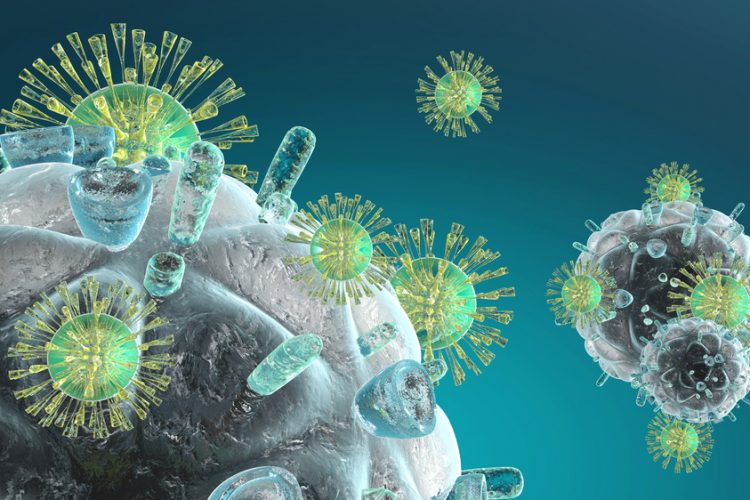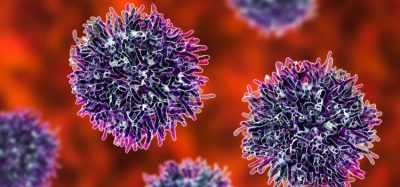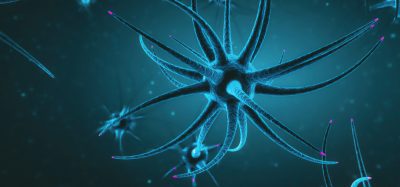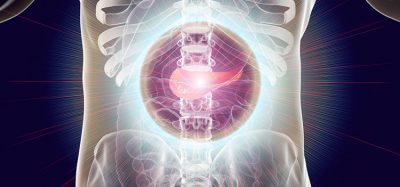New tool found to boost immunity in fight against cancer and infections
Posted: 19 July 2017 | Dr Zara Kassam (Drug Target Review) | No comments yet
Researchers have developed a new tools to increase immune response against cancer and infections…


Researchers have developed a new tool to increase immune response against cancer and infections by identifying a mechanism that regulates the ability of T-cells to react against foreign antigens and cancer.
An international research team led by Université de Montréal Medical Professor Christopher Rudd has outlined how a receptor termed LFA-1 on the surface of T-cells mediates adhesion to other cells such as cancer cells.
Research indicates that LFA-1 mediates adhesion or de-adhesion by engaging a novel intracellular pathway in T-cells. International work over the past decade has underscored the importance of the manipulation of the immune system to combat cancers and infections. Manipulation of the new pathway outlined by Prof Rudd and his co-researchers represents a new targeting strategy to promote immune-cell rejection of cancer.
“We have found a new way to alter the overall immune response. We now have new tools to increase immune response against cancer and infections. The discovery could prove to be a major asset in the fight against several pathologies via the targeting of a single immune cell component,” said Prof Rudd.
Prof Rudd’s discovery represents a breakthrough in our ability to understand the immune system and to use it in the fight against cancer and infections,” said Denis-Claude Roy, Director of Research at Maisonneuve-Rosemont Hospital. “This new mechanism allows us to identify the weaknesses of our present immunological approaches and to develop new weapons that are even more effective.”
Related topics
Immuno-oncology, Immunology, Oncology
Related conditions
Cancer, Infections
Related organisations
Université de Montréal
Related people
Denis-Claude Roy, Professor Christopher Rudd







